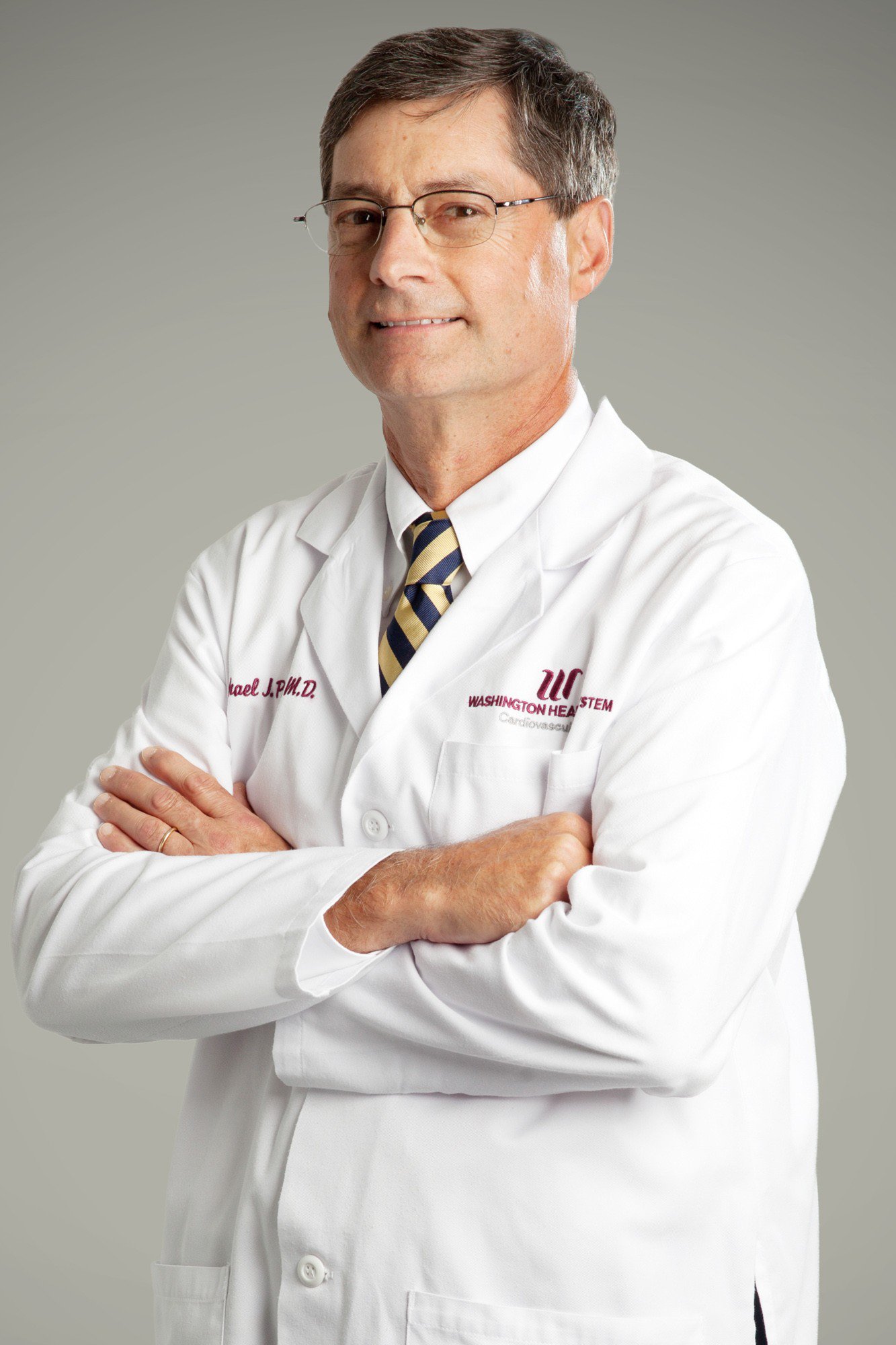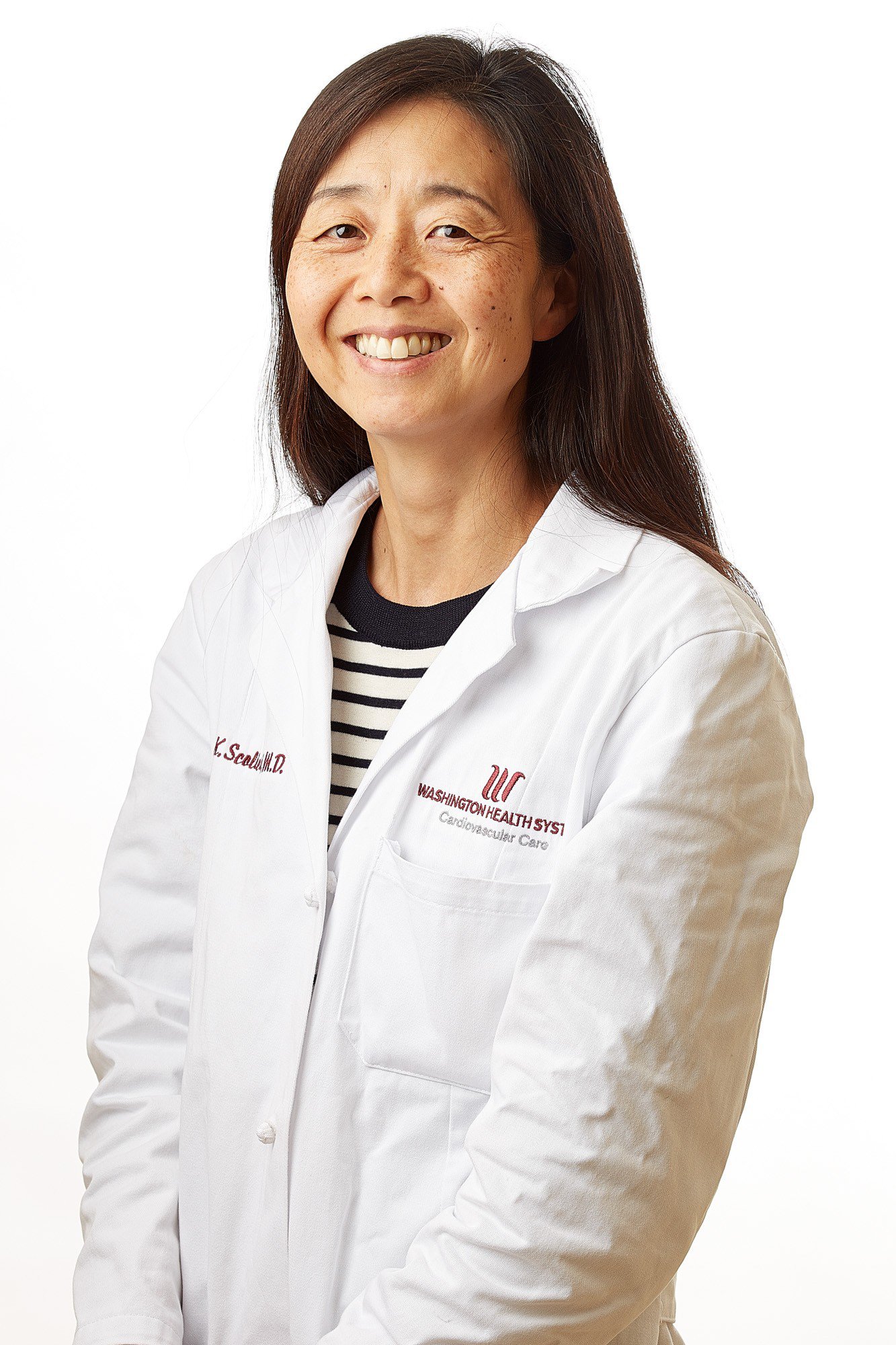UPMC Washington Hospital’s Cardiac Catheterization Laboratory is open 24/7 and staffed by an experienced team of nurses and specialists dedicated to delivering high-quality, cardiac cath lab procedures and services.
What Is a Cardiac Cath Lab?
A Cardiac Cath Lab is a room in the hospital that is devoted to services requiring cardiac catheterization—the insertion of a small, flexible tube (known as a catheter) into a blood vessel to access the heart. These catheterization procedures require special imaging equipment and can be used to help diagnose and treat heart disease.
Cardiac Cath Lab Procedures and Services
UPMC Washington Hospital’s Cardiac Cath Lab offers the following procedures and services:
- Balloon valvuloplasty is a procedure used to open up a heart valve, such as the pulmonary or aortic valve, that is obstructed or too narrow. It is performed using a deflated balloon attached to the end of a catheter, which is inserted into the blood vessels. The catheter is then guided into place in the heart valve, and the balloon is inflated. Once the procedure is complete, the balloon is deflated, and the balloon and the catheter are removed.
- Closure of an atrial septal defect (ASD) and patent foramen ovale (PFO) are procedures involving the catheter closure of holes in the heart. Both ASDs and PFOs are holes in the tissue between the upper chambers of the heart. However, ASDs tend to be larger and are shaped prior to birth, while PFOs are shaped shortly after birth.
- Coronary angioplasty, also known as balloon angioplasty, is a procedure designed to expand a coronary artery that is obstructed or too narrow. Using a catheter, a deflated balloon is delivered to the affected artery and inflated. This pushes plaque buildup out of the way and allows blood flow to improve once the balloon is deflated and removed.
- Coronary stent insertions are often performed in conjunction with coronary angioplasty procedures and involve the placement of a wire-mesh tube, known as a stent, in the affected coronary artery around the balloon. The stent remains in the artery permanently after the balloon is removed to ensure the artery remains open.
- Diagnostic coronary angiography is a test in which the provider injects a contrast dye into a catheter placed in the coronary artery to capture X-ray images of the patient’s blood flow.
- Intravascular Ultrasound (IVUS) is a test in which a transducer (a device that produces high-frequency sound waves) is attached to a catheter, inserted into a blood vessel and maneuvered into the heart. The sounds waves are then used to capture detailed images of the heart and blood vessels.
- Transcatheter aortic valve replacement (TAVR) is a procedure that allows the provider to replace the patient’s aortic valve without open heart surgery. Instead, the provider performs a balloon valvuloplasty and then guides a new biological valve into place while the balloon is expanded. The catheter is then removed, and the new valve remains in place.
- Transcatheter mitral valve repair (MITRACLIP) is a procedure is a way to repair your mitral heart valve without open heart surgery. The procedure is performed percutaneously, which means the healthcare provider accesses your heart through a vein, usually the groin. A small metal clip coated in polyester fabric, the mitral valve clip device, is inserted in the leg and guided by a long, flexible tube called a catheter up to your mitral valve. The mitral valve clip procedure can significantly improve heart function in many people with mitral regurgitation by improving the function of the mitral valve.
- Watchman® left atrial appendage closure is a procedure designed to reduce the risk of stroke in patients with atrial fibrillation. Using a catheter, a Watchman implant is permanently placed in the left atrial appendage in the heart to prevent blood clots from escaping into the blood stream.
Physicians
For more information on heart health screenings and procedures, please call WHS Heart and Vascular Center at (724) 225-6500.







